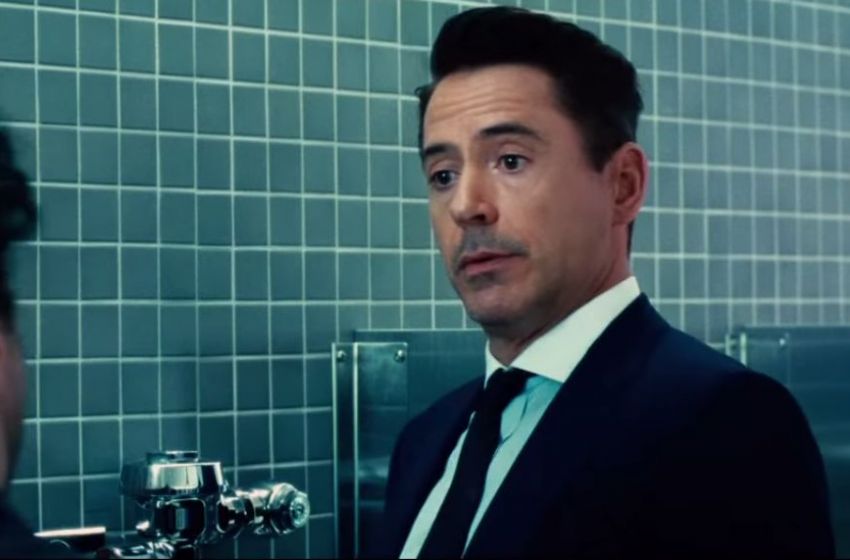
The Judge (2014) / Drama-Mystery
MPAA Rated: R for language including some sexual references
Running Time: 141 min.Cast: Robert Downey Jr., Robert Duvall, Billy Bob Thornton, Vincent D'Onofrio, Vera Farmiga, Jeremy Strong, Dax Shepard, Ken Howard, Leighton Meester, Emma Tremblay, Balthazar Getty, David Krumholtz, Sarah Lancaster
Director: David Dobkin
Screenplay: Nick Schenk, Bill Dubuque
Review published October 11, 2014
